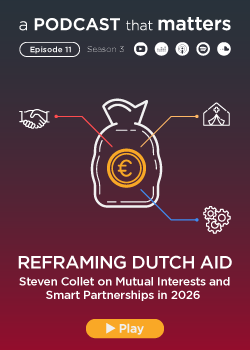Print

A Diffusion Maps workflow enabled by Neural Networks and Equation-free calculations for multi scale material and process modelling: DataProMat
Details
Locations:Luxembourg
Start Date:Sep 1, 2021
End Date:Aug 31, 2023
Contract value: EUR 178,320
Sectors: Research & Innovation
Description
Programme(s): H2020-EU.1.3.2. - Nurturing excellence by means of cross-border and cross-sector mobility
Topic(s): MSCA-IF-2019 - Individual Fellowships
Call for proposal: H2020-MSCA-IF-2019
Funding Scheme: MSCA-IF-EF-ST - Standard EF
Grant agreement ID: 890676
Project description:
Artificial neural networks and machine learning are the brains behind new process models
Mathematical models are invaluable in fields ranging from basic science and materials development to industrial processing. Integrating fundamental theory and experimental data, they help users predict the outcomes associated with changing certain real-life parameters, saving tremendous amounts of time, money and resources compared to a trial-and-error approach. The EU-funded DataProMat project is developing novel mathematical methods that will enable engineers to link changes in macroscale process parameters and conditions to their effects on the properties of complex materials. Not only will the models increase process efficiency and sustainability, but they will also help companies develop processing methodologies that are easily amenable to scaling up from the lab to volume production.
Objective:
The ambition of this fellowship, hosted by Professor S.P.A. Bordas (UL), is to propose a nonlinear manifold learning framework, in particular to implement the Diffusion Maps methodology, enabled by “equation-free” calculations and Artificial Neural Networks, in the context of multi-scale materials and process modeling and design. The goal is to push the boundaries of the “Digital Twins” paradigm beyond the current-state-of-the-art and to establish a methodological framework that links macro-scale process parameters and conditions to properties of complex materials, in an effort to meet the current market-driven demands for efficiency, scalability, safety, sustainability and innovation. The proposed approach is based on the current trends in materials and process modeling, on which the host is in the best possible position to advise as a world leading expert. Effectively, the fellowship sets the stage for interdisciplinary integration: Starting from the requirement for a specific set of properties, we must be able to predict the appropriate material structure, its capabilities and limitations and to propose ideal processing steps that will enable large-scale production. In this context, machine learning in the form of Diffusion Maps will be implemented for dimensionality reduction aiming to the reach the maximum possible size compression. The equation-free approach will be integrated with Diffusion Maps, in order to efficiently explore the, typically large, parameter space and Artificial Neural Networks will be applied as a means of leveraging the abundantly available digitized images to “learn” the long-term dynamics of the material behavior.

